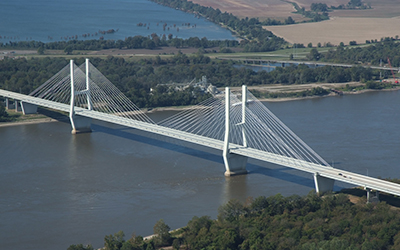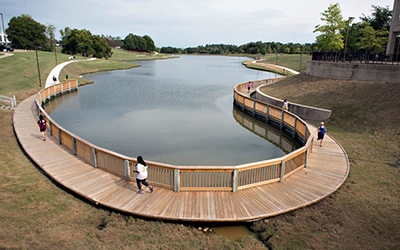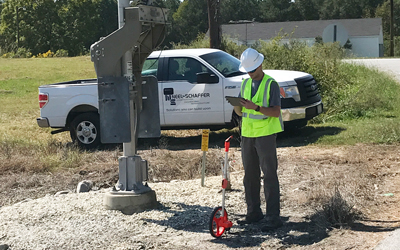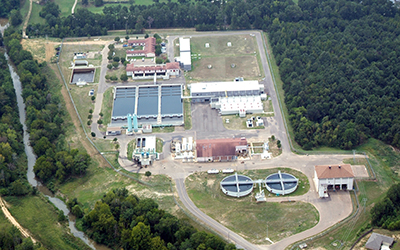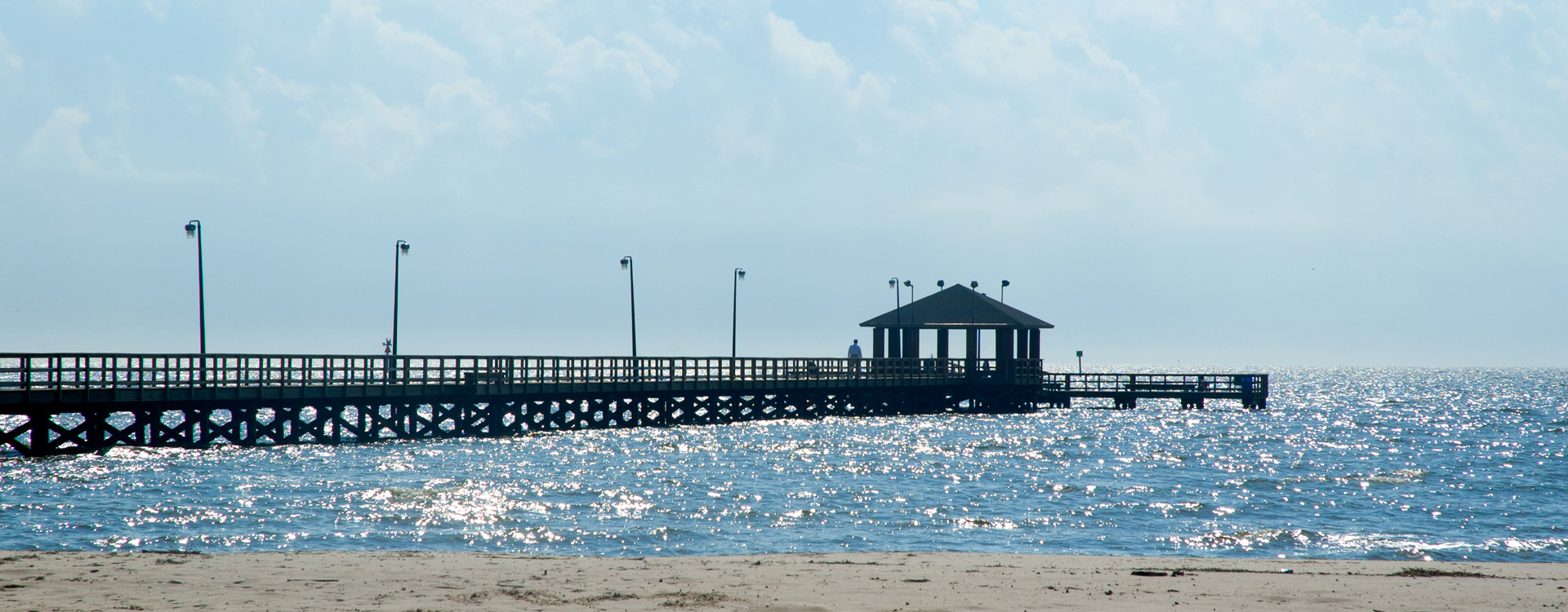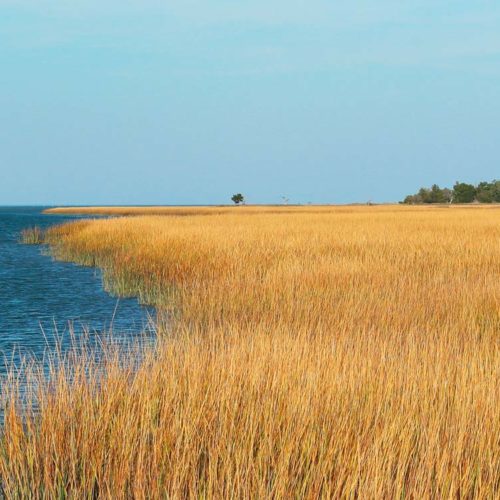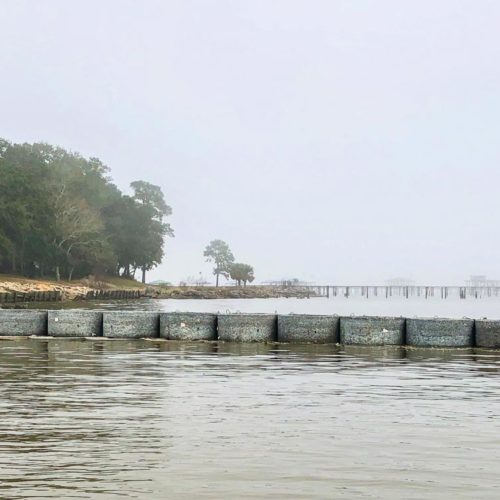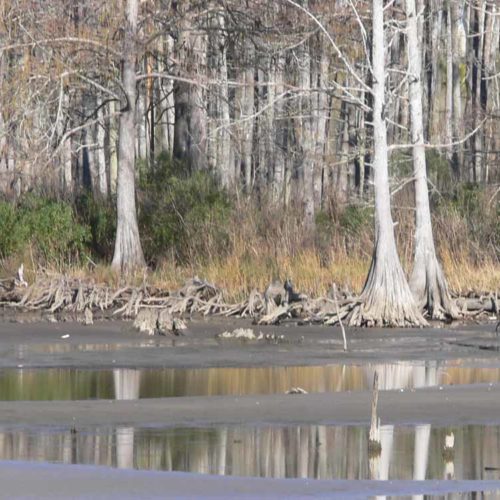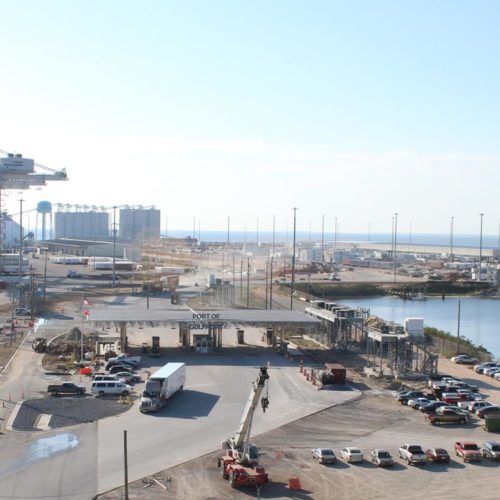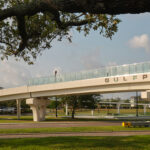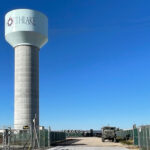MISSISSIPPI DEPARTMENT OF ENVIRONMENTAL QUALITY
Natural Resource Damage Assessment (NRDA)
The Deepwater Horizon oil spill in the Gulf of Mexico in 2010 created adverse impacts that are ongoing and catastrophic. Neel-Schaffer, in partnership with Louis Berger, assisted the Mississippi Department of Environmental Quality (MDEQ) with the Natural Resource Damage Assessment (NRDA) process. NRDA is a legal process that authorizes natural resource trustees, such as Trudy Fisher, MDEQ Executive Director,to seek compensation for injuries to natural resources and to restore, rehabilitate, replace, or acquire equivalent natural resources.
Neel-Schaffer developed the program, managing efforts in restoration of the resources to their baseline conditions. Neel-Schaffer’s program management resources tied together state departments from MDEQ, the Institutes of Higher Learning, Wildlife, Fisheries & Parks, and the U.S. Army Corp of Engineers. With organizational and operational expertise, Neel-Schaffer combined the resources of specialized environmental staff that work hand-in-hand with the public involvement teams to encourage communication between all stakeholders. Neel-Schaffer’s program management team was responsible for identification and quantification of these adverse impacts and the preparation of restoration plans for the State of Mississippi’s most precious resources. The expertise that Neel-Schaffer exemplifies shows in its ability to make determinations, analyze data, and present the economic values associated with lost non-market recourses. Program management services of Neel-Schaffer within the NRDA process allowed the capability and depth of performance to succeed in a cooperative natural resource damage claim on behalf of the natural resource trustee.
Managing baseline and defensible assessments are critical components of a successful NRDA claim. The Neel-Schaffer program management teams are highly experienced in managing operational complexities of habitat and resource evaluations to determine the key parameters necessary. Neel-Schaffer’s program management teams provided a multidisciplinary team for human and ecological risk assessments in:
- human use injury
- quantitative sampling
- sensitive wetland ecosystems
- national, state and municipal parks
- public and private property
- tidal and coastal environments
- wildlife refuges
- ports and marinas
- waterfront recreational areas
Neel-Schaffer’s program management teams have extensive local expertise, backed with substantial national experience. Managing the experiences of a multidisciplinary team, including regulatory, legal, scientific, engineering, and public involvement specialists, from a single point of contact, is one of Neel-Schaffer’s best attributes.

